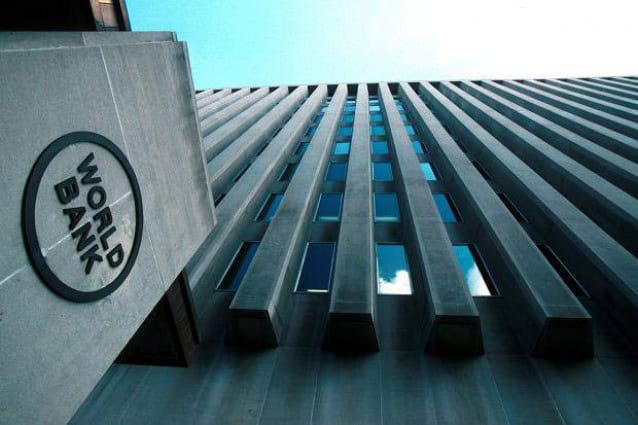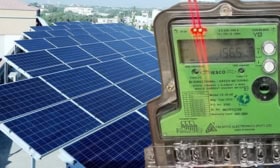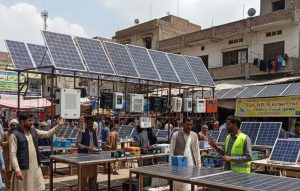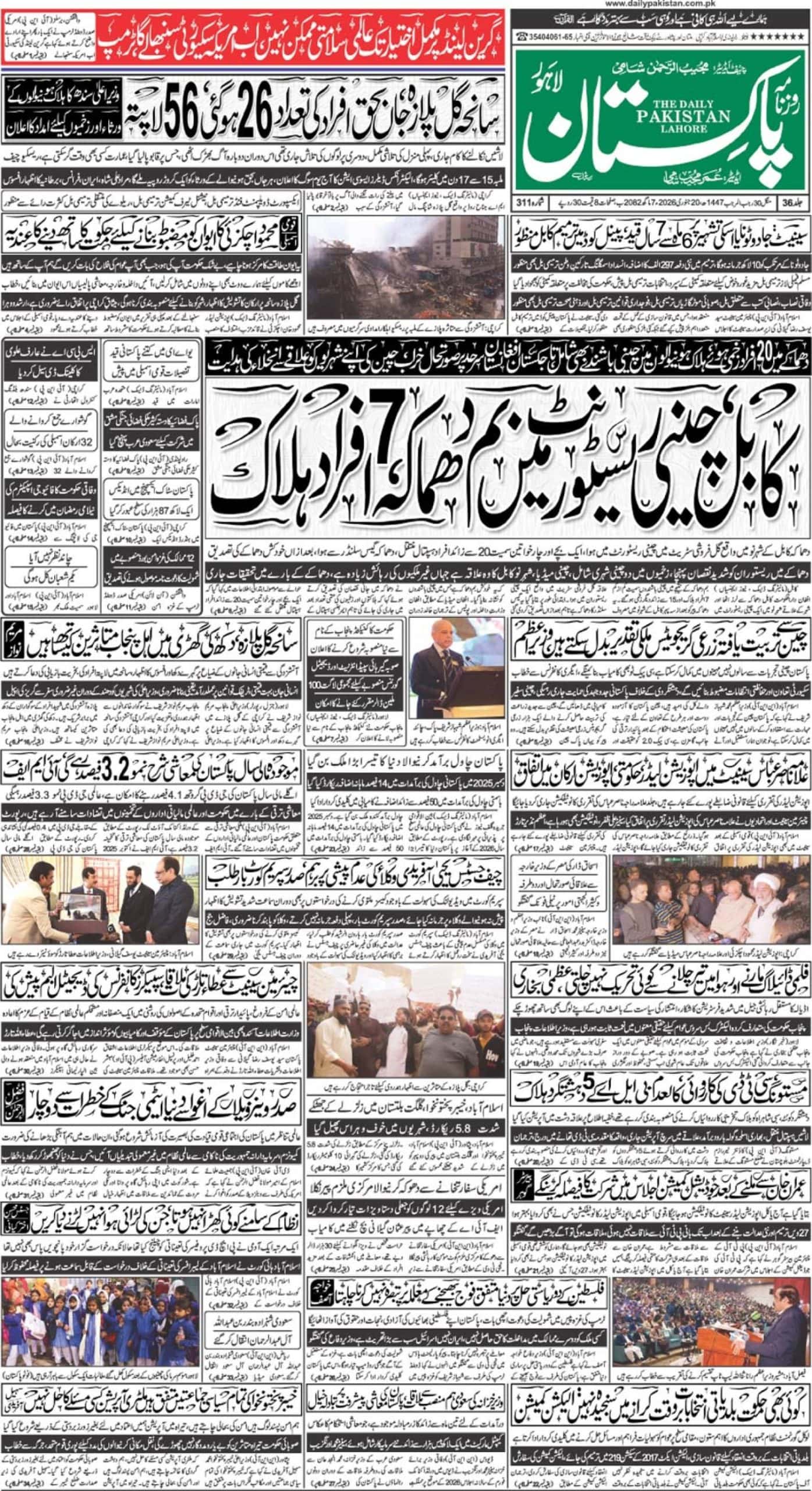ISLAMABAD — The World Bank (WB) has approved a package of $223 million to help millions of Pakistanis, especially women and the poor, to get access to financial services and to improve living conditions in parts of Karachi.
“The two new projects have a strong element of inclusion that is at the heart of the World Bank’s partnership with Pakistan, especially where women, youth and the poor are concerned,” said Illango Patchamuthu, World Bank Country Director for Pakistan.
“Five per cent of the world’s unbanked population live in Pakistan. We need to change this to empower people financially, especially women. Karachi contributes about 15 per cent of the country’s economy and the World Bank’s support will improve public spaces, mobility, and safety for its citizens.”
The Financial Inclusion and Infrastructure Project will provide $137 million to help millions of Pakistanis, especially women and the poor who do not have bank accounts and cannot get loans,to have access to these and other financial services. It will upgrade Pakistan’s payment systems to ensure affordable and faster payment services. The project is designed to implement selected actions of the National Financial Inclusion Strategy.
“Our goal is to provide transparent and accessible financial services including micro and small loans to individuals and firms, particularly women and women-owned businesses in Pakistan,” said Gabi George Afram, the project’s Task Team Leader. “We will be working closely with the Central Directorate of National Savings to provide more efficient and convenient access to financial services to 7 million clients through computerization of their financial systems.”
The project will improve access to financial and banking services for 50 per cent of all adults, half of them women, throughout Pakistan by 2020. It will also boost private sector credits to small and medium businesses to 15 per cent from 7 per cent in 2015.
The $86 million Karachi Neighborhood Improvement Project will benefit almost one million residents, business owners and commuters by improving living conditions in the Saddar, Korangi and Malir areas of Karachi.
It will help improve the safety, accessibility, and attractiveness of public spaces in Karachi, such as streets, parks, city squares and pedestrian areas. It will ensure equal access to all including women, youth and the poor.The project will also make it easier for the public and investors to access services such as construction permits and business registrations.














